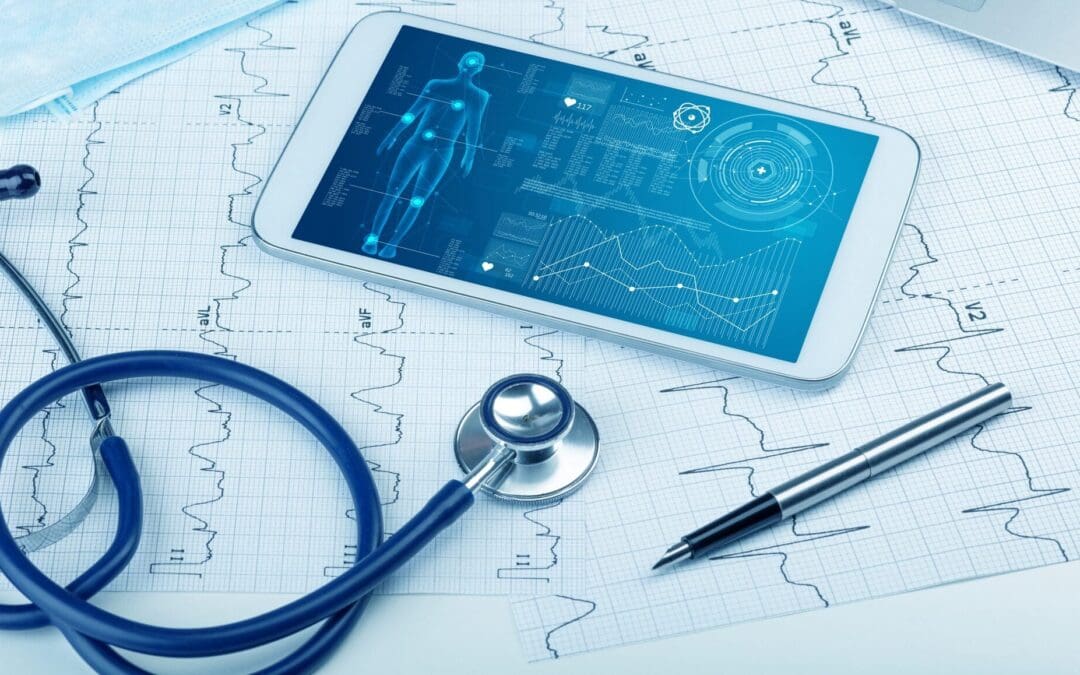As health challenges are at the forefront of everyone’s minds, University College is pleased to announce a timely and fast-growing new graduate program: Health Informatics. University College is constantly evaluating programs and looking for ways to create the most relevant offerings that align with both students’ aspirations and the market’s needs.
Students in the Health Informatics program will learn to leverage health data tools and applications to achieve business and research outcomes within the health sector. They will gain the experience to be at the forefront of the health industry, equipped with the technical, communication, and leadership skills needed to thrive in this quickly evolving field.
“We are unique as far as this specific type of program,” said Rachel Rogers, assistant academic director and assistant teaching professor. “It allows our students to learn how to ask the right questions, find credible data and know it’s credible, be able to use it, while knowing what they are delivering to the end user is accurate, reliable, and actionable.”
Courses in the Health Informatics program are taught by faculty with experience in the Health Informatics/IT field within both the healthcare as well as health industries. In addition, students will be provided real, deidentified data sets from community healthcare partners—the first data repository of its kind.
“The students will really be able to get into real data, made anonymous of course. They will learn to analyze data to glean insights and provide context to the massive amounts of health data being collected and stored,” Rogers said.
The Health Informatics program offers three master’s degree concentration and certificate areas: Digital Health, Health Data Informatics and Analytics, and Health Data Science.
Digital Health
Stay at the cutting-edge of current and emerging health technology by learning how it affects and improves diagnosis, treatment, training, patient records, and financial transactions. Students will cultivate high-level knowledge of the function of healthcare information systems, consumer digital health products, and the use of distance medicine.
Health Data Informatics and Analytics
Cultivate yourself as a liaison of both informatics and analytics related to the process of transforming data into information, knowledge, and then contextual insight. Students will learn how to collaborate, organize projects, and formulate real-life solutions to existing healthcare industry issues.
Health Data Science
Enhance knowledge in machine learning, data science, and artificial intelligence, as well as leverage health data science tools and applications to achieve business and research outcomes within the health sector. Students will work with real, de-identified data from health-industry partners, learning how to optimize data to support evidence- and value-based results, as well as how integrate data platforms in the health industries.
Interested in pursuing a graduate certificate (four or six courses) or master’s degree concentration (12 courses) in one of these areas? Reach out to Enrollment Manager Andrea Gross (andrea.gross@du.edu or 303-871-4964).

